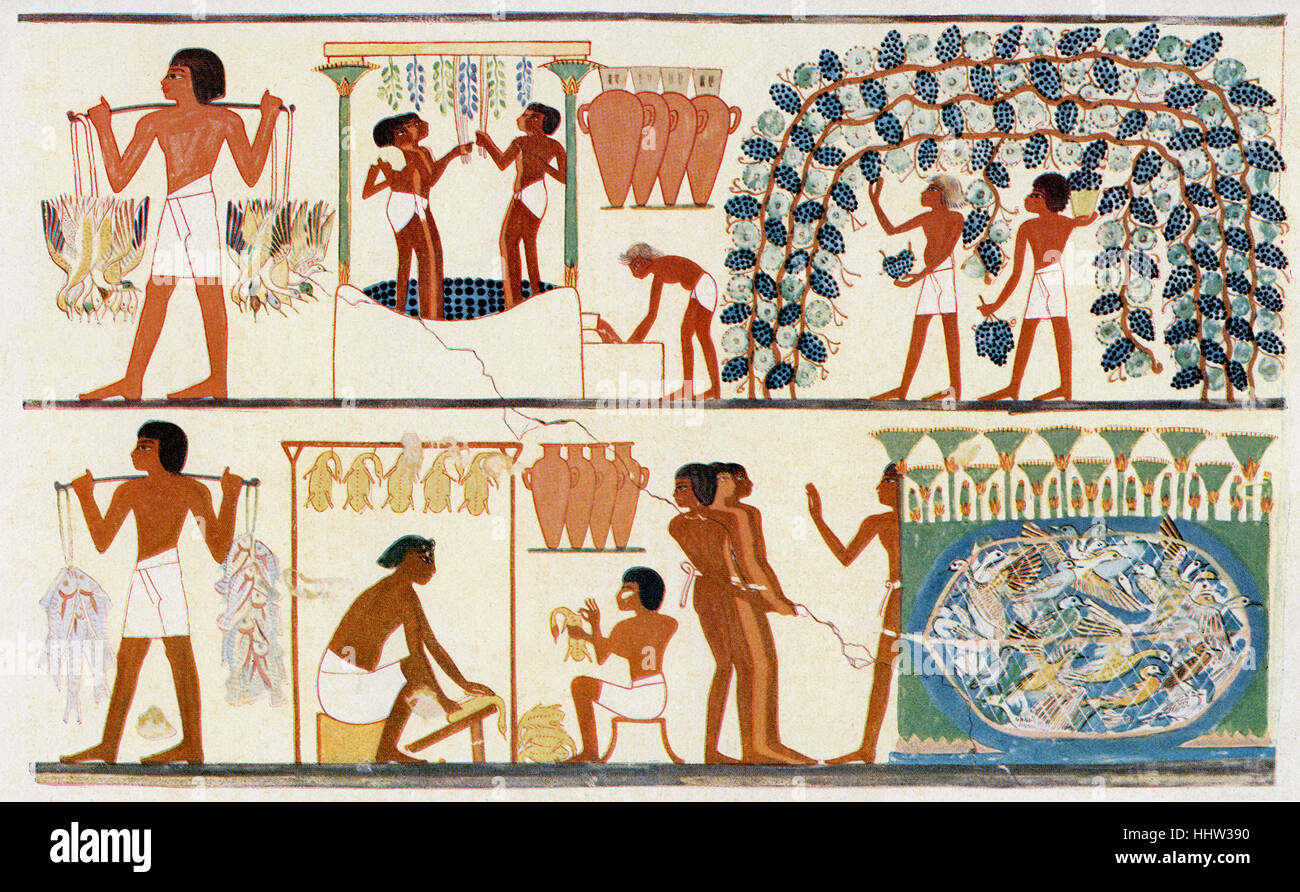Pyramids
A pyramid is a structure whose outer surfaces are triangular and converge to a single step at the top, making the shape roughly a pyramid in the geometric sense. The Pyramids have more than 5 million blocks of limestone until now believed to be carved stones, new evidence shows they were cast with agglomerated limestone concrete. There are known three chambers inside the pyramid. The lowest chamber is cut into the bedrock upon which the pyramid was built and was unfinished. Egyptians also believe that the people who died will live inside the pyramid after death. 

Clocks
Around 3,500 BCE they invented the clock. The Egyptians use the shadows the giant stone obelisks cast on the ground to tell the time of day. Each obelisk was built to tell a story. But they worked very well as shadow clocks. Later on, the ancient Egyptians invented the first portable timepiece. It was also a shadow clock, but you could carry it around with you. It was lightweight, and about a foot long, maybe a little longer. It had a raised section in the middle.
Door Locks
The earliest door lock consisted of a wooden crossbar on two wooden brackets mounted on the door and the door frame. The next stage in development was the use of a key. It’s believed that the Egyptians designed these complex locks as a way to guard valuable items or places of religious significance. The Romans created new types of door locks and developed the idea of the Egyptian lock, substituting iron for the wooden lock and often bronze for the key. Keys were no longer too big to lose (or lift), indeed some Roman keys were small enough to wear on a finger

Wine
Winemaking has a long tradition in Egypt dating back to the 3rd millennium BC. The modern wine industry is relatively small scale but there have been significant strides towards reviving the industry. In the late nineties, the industry invited international expertise in a bid to improve the quality of Egyptian wine, which used to be known for its poor quality.

No comments:
Post a Comment
To support my learning I ask you to comment as follows:
1. Something positive - something you like about what I have shared.
2. Thoughtful - A sentence to let us know you actually read/watched or listened to what I had to say
3. Something thoughtful - how have you connected with my learning? Give me some ideas for next time or ask me a question.
Note: only a member of this blog may post a comment.